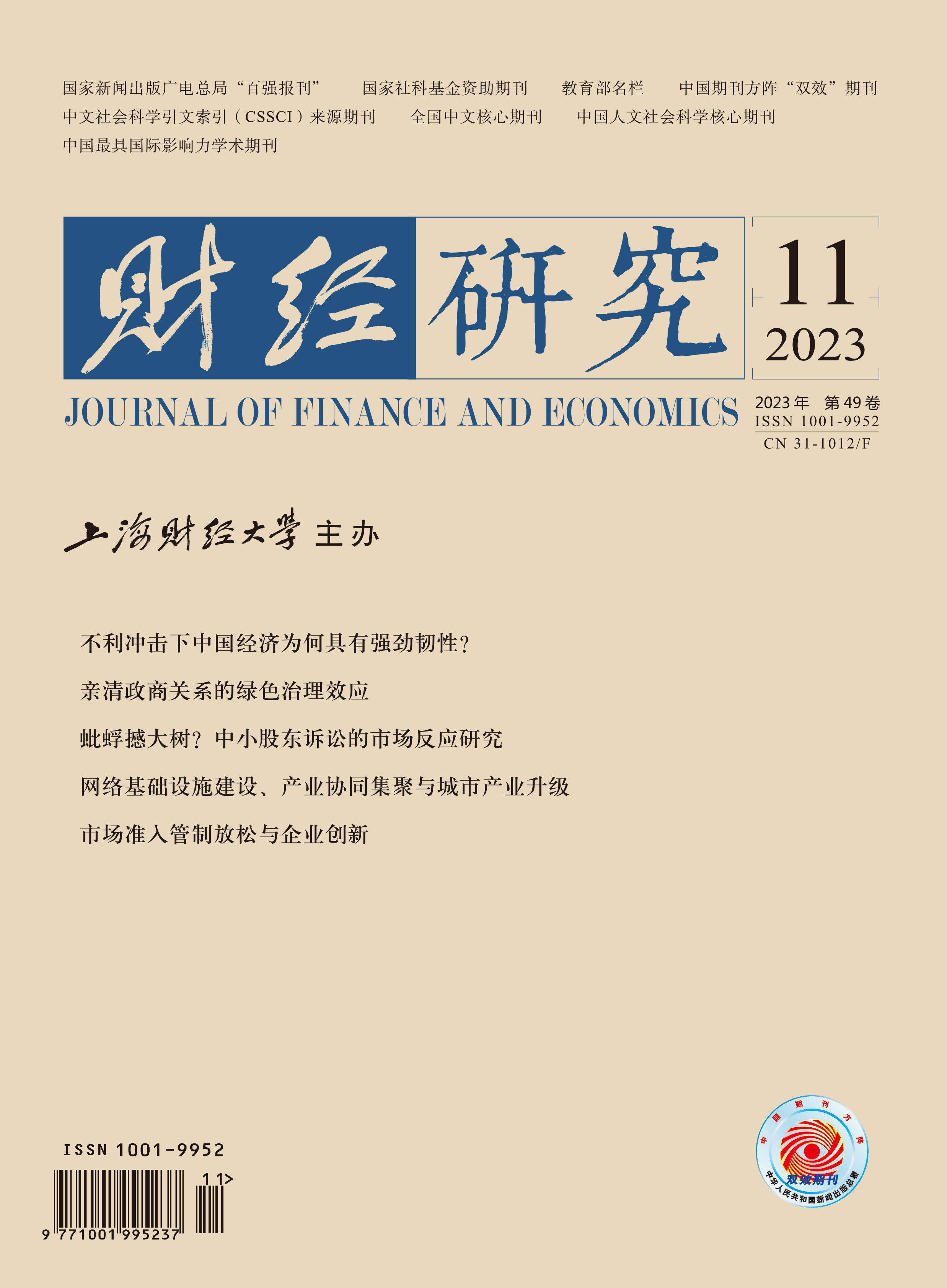At the end of 2022, the China Securities Regulatory Commission (CSRC) issued the “Three Year Action Plan for Improving the Quality of Listed Companies (2022-2025)”, proposing to improve the internal mechanism of corporate governance, guide various entities to effectively participate in corporate governance, and regulate the behavior of controlling shareholders. As a key minority that affects the quality of listed companies, the expropriation of controlling shareholders is a major obstacle to improving the quality of listed companies. In this context, the governance of the expropriation of controlling shareholders has become a key focus of regulatory authorities. In order to further address the issue, the CSRC established the China Securities Investor Services Center (ISC) in December 2014. The ISC holds one hand (100 shares) of each listed company, and exercises shareholder rights such as inquiry, suggestion, and voting as a minority shareholder to protect the legitimate rights of minority shareholders. It is a role that combines regulators and minority shareholders. So, whether the right exercise of the ISC truly plays the role in governing the expropriation of controlling shareholders has become a question that should be further explored.
This paper examines the inhibitory effect of the right exercise of the ISC on the expropriation of controlling shareholders of listed companies by manually collecting data on the right exercise of the ISC. The results show that the right exercise of the ISC effectively restrains the expropriation of controlling shareholders of listed companies. This effect is realized by increasing the voting rate of minority shareholders in interest encroachment motions, the negative media attention of listed companies, and the litigation risks they face. The inhibitory effect of the ISC is more pronounced in listed companies with a poor internal and external governance environment. Moreover, when the ISC exercises its rights in public and attends shareholders’ meetings, the governance effect on controlling shareholders’ interest encroachment is more significant.
The academic value of this paper is as follows: First, in terms of literature development, existing literature mainly studies the right protection methods of the ISC, the information governance effect of right exercise on listed companies, and the market reaction after right exercise; while this paper finds that the right exercise of the ISC significantly reduces the related-party transactions of listed companies, providing more direct evidence for the protection of minority shareholders by the ISC. Second, in terms of practice, this paper finds that the ISC reduces the related-party transactions of listed companies and controlling shareholders, providing a theoretical and policy basis for the further improvement of the ISC in China.





 6018
6018  5761
5761

